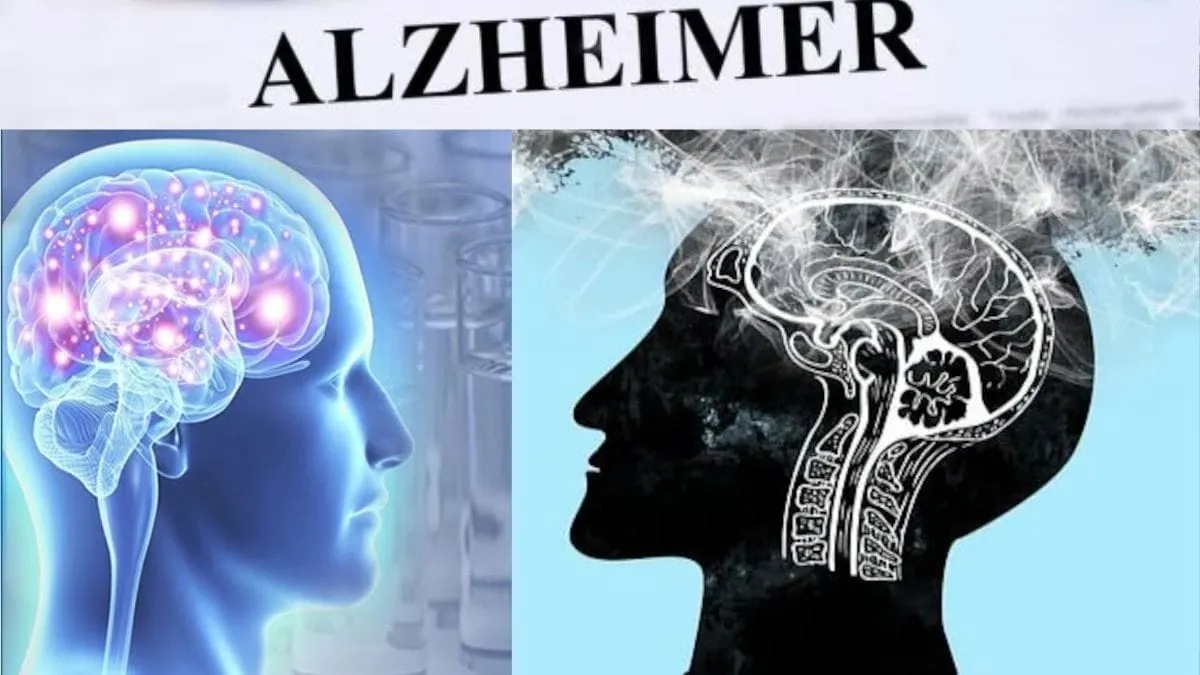Alzheimer's Disease: Key Insights on Memory Loss and Cognitive Decline

Alzheimer's Disease and Its Global Impact
As Alzheimer's disease continues to rise across the globe, concerns are growing about the impact this progressive neurological disorder has on individuals. Alzheimer's, which impairs various brain functions, leads to a severe decline in cognitive abilities, affecting memory, decision-making, and overall quality of life. The surge in cases is linked to factors like genetics, lifestyle choices, and underlying medical conditions.
Understanding Alzheimer's Symptoms and Diagnosis
Dr. Jyoti Bala Sharma, Director of Neurology at Fortis Hospital (Noida), explains the symptoms:
- Memory loss: Forgetting recently learned information, important dates, or asking repeatedly for the same information.
- Communication difficulties: Struggling to find the right words or follow conversations.
- Problem-solving challenges: Difficulty with abstract thinking and making decisions.
- Mood changes: Becoming easily agitated or anxious.
- Personality changes: Becoming passive or suspicious.
- Disorientation: Difficulty understanding time and place.
- Daily activity challenges: Struggling with tasks like dressing or bathing.
It is crucial to consult a healthcare professional if these symptoms persist, as they may indicate early-onset Alzheimer's.
Genetics and Alzheimer's Risk Factors
Genetics plays a significant role in the development of Alzheimer's disease.
- Early-onset Alzheimer's: Certain genetic mutations can cause early-onset Alzheimer's (before age 65).
- Late-onset Alzheimer's: Multiple genetic variants can increase the risk of developing Alzheimer's after age 65.
- Family history: Having a first-degree relative diagnosed with Alzheimer's elevates personal risk.
Advances in Alzheimer's Research and Treatment
The treatment for Alzheimer's disease combines medications with lifestyle changes. Key medications like cholinesterase inhibitors and memantine help manage symptoms. Lifestyle changes can significantly impact the disease's progression:
- Cognitive stimulation: Engage in mentally stimulating activities.
- Physical exercise: Maintain regular physical activity.
- Healthy diet: Focus on whole, nutrient-rich foods.
- Stress management: Implement techniques such as meditation.
As Alzheimer's research continues to advance, newer directions such as immunotherapy are being explored.
Understanding and Addressing Caregiver Needs
Caregivers must also receive support and education to manage the challenges associated with Alzheimer's care.
Disclaimer: The information provided on this site is for informational purposes only and is not intended as medical advice. We are not responsible for any actions taken based on the content of this site. Always consult a qualified healthcare provider for medical advice, diagnosis, and treatment. We source our news from reputable sources and provide links to the original articles. We do not endorse or assume responsibility for the accuracy of the information contained in external sources.
This article was prepared using information from open sources in accordance with the principles of Ethical Policy. The editorial team is not responsible for absolute accuracy, as it relies on data from the sources referenced.